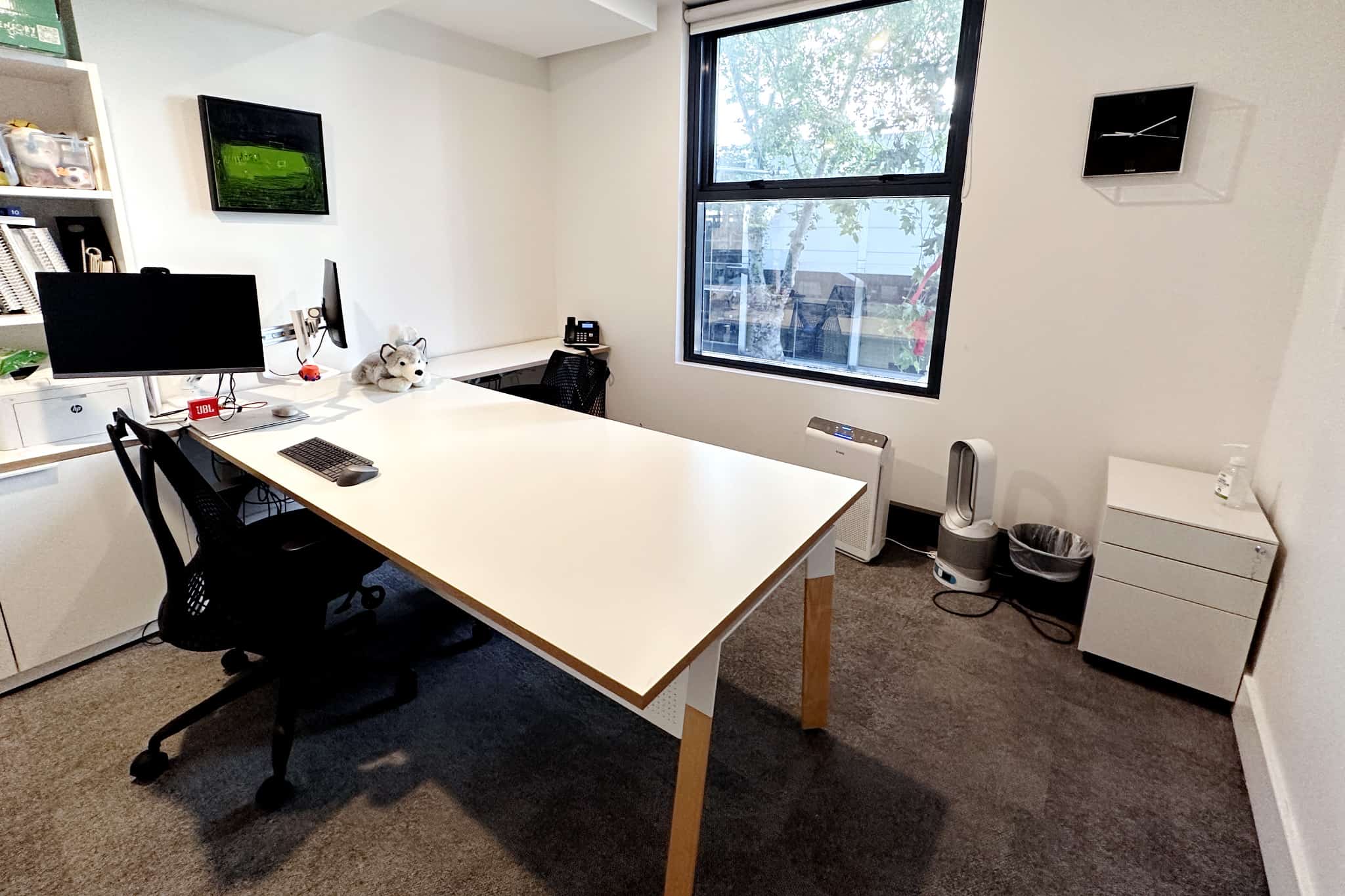Neuropsychological Assessment
Neuropsychological assessment is conducted at our Ultimo clinic.
What is it and how is it useful?
Neuropsychological assessment is the evaluation of cognitive functioning. This involves comprehensive testing of cognitive abilities (e.g. speed of information processing, language, attention, memory, reasoning and problem-solving) using standardised tests. We work with individuals aged 12 and up.
It may be useful in the following areas:
- Clarifying Diagnosis.
- Providing Treatment or Rehabilitation Recommendations.
- Application Support – Neuropsychological assessment is considered strong evidence in cases such as applications for NCAT (Guardianship Tribunal) and National Disability Insurance Agency (NDIA) Access and the Disability Support Pension.
- Capacity Building – Neuropsychological assessment can also be completed within an NDIS plan (and paid for by the NDIA) for Capacity Building purposes. The assessment report will speak to the six NDIA domains and the impact these difficulties have on social and economic participation. NDIA will not fund a diagnostic assessment. We are able to see individuals who are plan and self-managed.
What does a neuropsychological assessment involve?
Neuropsychological assessment is typically referred by a doctor or another clinician working with you. Individuals may also request a neuropsychological assessment and have the option for this information to go to their treating doctor or another clinician. There are multiple stages for the assessment:
- Pre assessment – Completion of a series of questionnaires by both the individual (and where possible a parent/care giver/ friend or relative).
- In clinic assessment – this is a face-to-face assessment which typically lasts for four to five hours. It includes the completion of standardised tests as well as a clinical interview.
- Collateral
- Teachers – If you/your child is at school, we will, with your permission, liaise with teachers to get a more comprehensive understanding of your/your child’s limitations.
- Additional information – you will need to bring all previous reports you have such as paediatrician, neurology, psychology, speech pathology, occupational therapy as well as school reports and NAPLANs.
- Feedback Session – We will go through the results with you (or your parent or carer) in a separate session either on zoom, the phone or in person. If you would like, we will discuss our findings with your referring doctor.
- Report – comprehensive report addressing the reason for the assessment.

News
Grief, loss and the pursuit of wellness Podcast
Dr Rob talks with Kate de Brito on her podcast How to be Happy about grief, loss and the pursuit of wellness. Available on Listenr, Apple podcasts, and Spotify.
MoreResearch Partnerships
University of Sydney
At Mind Plasticity, we are committed to advancing the field of mental health through research partnerships with leading universities. Mind Plasticity has a long-standing partnership with the University of Sydney and has hosted a number of research trials and participated in academic partnerships.
FAQ
QUESTIONS?
How to access Mind Plasticity mental health services? The frequently asked questions page has information on what you require to make an appointment with us; plus descriptions of the roles of our practitioners.
